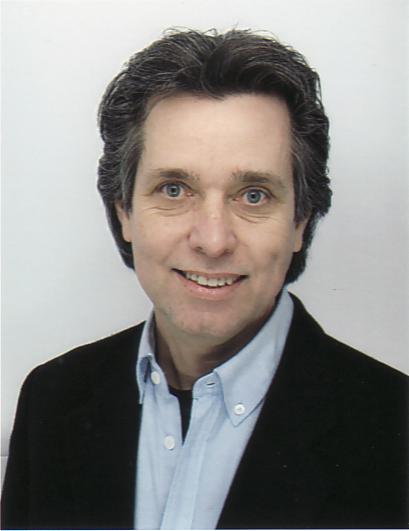
David Rousseau
is the Director of the Centre for Systems Philosophy, Editor-in-Chief of the peer-reviewed open-access journal “Systema: connecting Matter, Life, Culture and Technology”, a Visiting Fellow at Centre for Systems Studies and a member of the Centre for Spirituality Studies, both at the University of Hull. He is an Honorary Research Fellow in the Alister Hardy Religious Experience Research Centre in the University of Wales, and an Executive Member of the British Association for the Study of Spirituality. He is a Fellow of the Royal Society for the encouragement of Arts, Manufactures and Commerce (RSA).
His academic education spans Engineering (with a specialisation in Systems Practice), Philosophy (with a specialisation in Philosophy of Mind) and Religious Studies (with a specialisation in spiritual experiences). His early career involved more than 20 years in senior management, programme management and systems engineering roles in the aerospace and semiconductor industries. Over that period he maintained a long-standing interest in the Big Questions, and the clues about them provided by exceptional human experiences. Over time he realised how systems thinking can open up new lines of research in this area, so in 2008 he started a PhD study using Systems Philosophy to analyse the mind-body relationship in the light of near-death experiences. The success of this research encouraged him to found the Centre for Systems Philosophy to further develop Systems Philosophy and to promote its application. David’s current research is focused on the unity of knowledge, the modelling of the nature of Nature, and the ontological foundations of moral intuitions.
Website: http://www.systemsphilosophy.org/david-rousseau.htm
What fascinates you about your field of research?
We have so much scientific knowledge, but we know very little about the things that matter most – our true nature, our potential, the meaning of our lives, our place in the story of the cosmos. I think there are good reasons to be suspicious of postmodern cynicism about such questions, and good reasons to be optimistic that General Systems Research and Systems Philosophy will open the door to answering them in ways that are both scientific and non-dismissive. I think progress towards this kind of understanding will be essential to the resolution of the challenges now facing us on personal, social, cultural and ecological fronts, and I am convinced that the systems approach holds the key. I think this is the most interesting and potentially valuable research we can do today, and I feel privileged and grateful to be able to participate in it.
Where do you see or would like to see the field heading?
The systems approach has brought important insights into the nature of complex physical things, and hence enabled the development of powerful physical technologies. I would like to see us now leveraging this capability to extend our systemic knowhow into the social sciences and the humanities. The original vision and promise of the General Systems Movement was that this could be done in a way that preserves what is essential to these disciplines, but until very recently it has been impossible to make substantive progress with this. However, I think recent developments indicate that a way forward is now opening up, and that the systemic approach can now bring in that era of productive and mutually validating engagement between the sciences and the humanities that von Bertalanffy and the other early systemists envisioned.
Is there an author / thinker, whose work inspires you in your own work?
Well, it’s more like a system of inspiring systemists! Ludwig von Bertalanffy stands out particularly for me – he embodied so many characteristics of a great general systemist – deeply philosophical but thoroughly scientific, able to see connections across vast ranges of concepts, findings and questions, always open to the possibilities suggested by the variety of the experienced world, a deep-seated sense of what is really important, and an enduring concern for the future of our society and our planet. His vision from half a century ago, of using GST to guide us in building a better world, still inspires me today. However, like all of us he also had his limitations, and his vision cannot be realised without the significant insights of others, who provide inspiration for the practical actions that make this vision attainable. Amongst these I particularly admire Kenneth Boulding, for his ideas about the nature of GST, Ervin Laszlo for his insight into the ontological implications of GST, and Mario Bunge for the clarity of thought he brought to our field. It is really the conjunction of such contributions that will enable us to build a better world using the systems approach.
What fascinates you about “Bertalanffy and beyond: improving Systemics for a better future”? In your own words: Why should people go there?
I think that systems thinking can help us build a flourishing world, and indeed is essential for such an effort. However, the Systemics we have today are not sufficient for this task, and the Systems Movement is highly fragmented. This symposium will bring together people who have ideas about how to remove barriers, illuminate our worldviews, connect across the boundaries, and find practical ways forward. They will guide a conversation that bodes well to be a seminal event from which a new era of systemic exploration and service can unfold. Join us, help us, and be part of the exciting and important journey that will start here.



